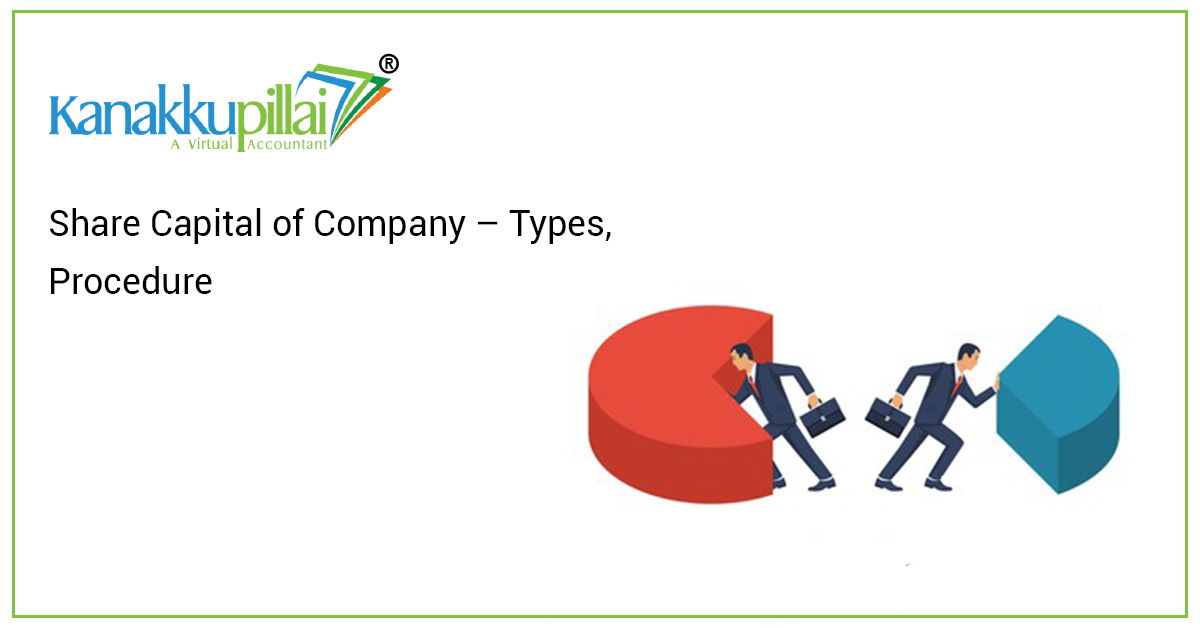A company’s share capital is the money it raises from selling common or preferred stock. Authorized share capital is the maximum amount a company has been approved to raise in a public offering. A company may opt for a new stock offer to increase the share capital on its balance sheet.
Formula 1: Share capital equals the issue price per share times the number of outstanding shares.
Formula 2: Share capital equals the number of shares times the par value of stock plus the paid-in Capital.
Share paid-in consists of all funds raised by a company in exchange for shares of either standard or preferred shares of stock. It does not include shares being sold in a secondary market after they’ve been issued. A company’s share capital is the money it raises from selling common or preferred stock. Authorized share capital is the maximum amount a company has been approved to raise in a public offering. A company may opt for a new offer of stock in order to increase the share capital on its balance sheet.
- Share Capital is the amount invested by the owners of the Company in the organization’s working operations.
- Shareholders are considered the owners of the Company, also known as members of the Company.
- As there is more than one shareholder/owner in a company, the total Capital is divided into small units called shares for ease of distribution and identification.
- Shares held by the shareholder entitle the shareholder to different rights in the Company.
- Shareholders have to pay the company money as an investment to get the Company’s shares.
- Shares are classified into different classes depending on the rights and preferences attached to them.
Shares are mainly divided into
- Equity and
- Preference Capital.
These types of capitalholders have the right to vote on certain corporate matters.
Share Capital of any company can be called with different Terms
- Authorised Share Capital
- Issued Share Capital
- Subscribed Share Capital
- Called up Share Capital
- Paid-up Share Capital
Authorised Capital of Paid-upy
The Authorised Capital is the maximum amount a company can raise from its shareholders as Share Capital.
This amount will be mentioned in the Capital Clause of the Memorandum of Association (MOA) of the Company.
If the Company is required to raise more Capital, it can increase the authorised Capital by amending its MOA with the approval of its members.
The registration fee is payable to the Registrar of Companies, and the stamp duty is dependent on the authorized Capital. If the Company increases its authorized Capital, the incremental/additional registration fee and Stamp duty are payable to the office of the Registrar of Companies.
Authorised Capital can be capitalized into different classes of shares with a face value of not less than Rs.1.00.
ROC Compla iances
PROCEDURE OF INCREASE IN AUTHORISED CAPITAL:-
1. Authorisation must be in the Articles of Association(AOA):-
It is mandatory to check whether the Company AOA contains a provision for an increase in authorized Capital; then, the Company increases its authorized Capital.
2. Capital of Board Meeting of Board of Directors (BOD):-
Increase in the Authorised Capital of the Company, subject to the approval of shareholders.
Approve and issue notice of EGM along with agenda & explanatory statement to all members, directors & auditor of the Company.
3. Holding of Extraordinary General Meeting (E GM) and passing a resolution
4.Alteration in Memorandum passingsa sociation(MOA ):-
Alter the clause of authorized Capital in the Capital of the Company.
ROC COMPLIANCE WITH REGARD TO THIS:
A limited company shall file form SH-7 with the Registrar of Companies within 30 days with the following attachment:-
Copy of Board Resolution
Copy of EGM Ordinary Resolution
Copy of Notice of EGM along with Explanatory Statement
Copy of altered MOA
The Company can allocate a portion of its authorized Capital to capital raisers as shareholders and collect capital investment through the issue of shares.
It is not necessary to issue the full amount of authorized Capital at a time.
It is issued by the Company initially during incorporation and occasionally by way of allotment of shares for subscription.
The issued share capital has to always be below the amount of authorized Capital as stated in the memorandum.
Shares can be issued at face value (par value) or a Premium.
Also, the Company has to issue Share Certificates to the shareholders within 60 days of the share issue.
Subscribed to the Company
The total amount of Capital that the Capital investors/shareholders pay for the shares is called the Company’s subscribed Capital.
The subscribed Capital always equals or is less than the issued Capital.
Sometimes, in the case of oversubscribed shares, they are allocated on a pro rata basis.s
Underwriters may be appointed to resolve the issue of undersubscribed shares.
Called-Up Capital of the Company
The Company can collect the subscribed Capital from shareholders.
Capital is the particular amount of Capital that is not called for payment.
The Company issuing the shares makes up—Mayyy upupmakesaupy. Suppose Capital has yet to be called and hence is named partly paid-up share capital.
Once the shareholder pays the remaining amount of share capital, it is considered to be fully paid up.
Paid-up Capital of the Company
The paid-up Capital is the amount of money paid up in exchange for the shares that the Company is issuing.
Paid-up capital can never be more than the authorized Capital of any company.





